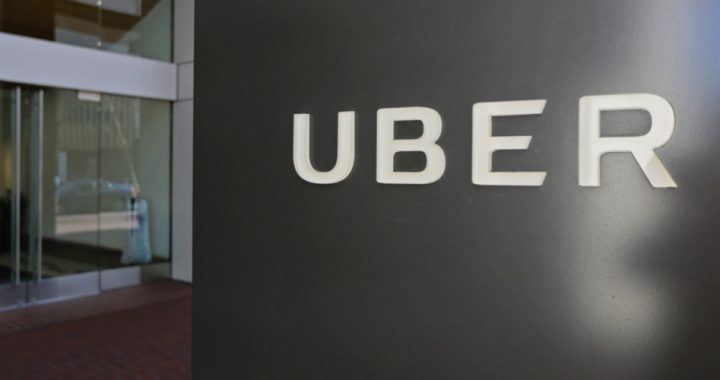
When ride-sharing company Uber bought Otto, the company developing autonomous car driving software, last August, Uber CEO Travis Kalanick said the purchase was “existential” to the company: “The world is going to go self-driving and autonomous … a million fewer people are going to die a year [worldwide]. Traffic in all cities will be gone. [There will be] significantly reduced pollution and trillions of hours will be given back to people — quality of life goes way up. Once you go, “All right, there’s a lot of upsides there” … If we weren’t part of the autonomy thing? Then the future passes us by.”
No less an authority than the Wall Street Journal agrees. The “upsides” to driverless cars are impressive, noted Kalanick, but he didn’t include the one most persuasive: Self-driving cars could reduce a person’s cost for transportation “anywhere from 10% to 25% what an average consumer now spends on owning, maintaining and insuring a [privately-] owned vehicle,” wrote the Journal, based on an interview with Tony Reba, a futurist who co-founded RethinkX.
Savings that significant could disrupt the Uber business model that has successfully disrupted Big Taxi. But a lawsuit involving Otto and its founder, Anthony Levandowski, could stop Uber’s efforts cold, which could spell the end of Uber. Levandowski left Google to found Otto in January 2016. In August, Otto was purchased by Uber and Levandowski was named head of its AV efforts. In February, Google sued Uber, claiming that Levandowski took with him massive technological secrets including “blueprints, design files and testing documentation” and is using that to facilitate Uber’s development. In its lawsuit, Google wants the court to shut down Uber’s AV program while the suit is considered.
Assuming that the lawsuit is settled promptly and Uber is allowed to continue its AV development, it has another problem: Who will own, operate, and maintain all the vehicles needed? Uber has forever claimed that it isn’t in the automobile business but in the information and transportation business. Can it make a living just selling software to automakers who are much better funded and able to utilize their existing manufacturing, distribution, and service structure for the millions of AVs that millennials will likely be using? Or will it have to create joint ventures with automakers in order to keep its present competitive advantage?
What Uber faces this time is Big Auto — the major automakers who also see the handwriting on the wall and are investing heavily in technology that would make AVs (autonomous vehicles) safe, viable, and cheap. Ford subsidiary Smart Mobility purchased ride-hailing company Chariot in order to learn how such services are operated. Last week, NuTonomy Inc., a software company focusing on AVs, just partnered with Peugeot, while Samsung joined with Hyundai to develop viable software for its AVs. General Motors isn’t far behind in its quest to keep its position in the market. Tesla said that it will have fully-functional AVs operating on the road within two years. BMW is working with Intel and Mobileye to put its own AVs on the road by the end of the year.
When Kalanick was asked back in August about how soon Uber would have its own AVs on the road, his answer was revealing: “That is the trillion-dollar question, and I wish I had an answer.… What I know is that I can’t be wrong.… I have to make sure that I’m ready when it’s ready or that I’m making it ready.… I have to be tied for first at the least.
In a nutshell, that is how the free market works. It’s messy and it’s costly. It runs up millions in legal fees as companies angle for a competitive advantage to serve what it sees as a trillion-dollar market. But in the end, the customer is served. He gives up ownership (and operating costs) of his private vehicle in exchange for an AV that he can order on his iPhone. Insurance costs go down (some estimate that auto insurance companies will all but disappear, reduced to insuring just the AV operators), the air will be cleaner, auto accidents will drop precipitously, traffic jams will be greatly reduced, people will enjoy the time freed up from not having to drive themselves, they will turn their garages into living spaces — the advantages of AVs continue. And unless Uber is able to overcome its present challenges and stay ahead of the curve, it could wind up as just another footnote in the history of the free market working to serve customers ever more efficiently, effectively, and cheaply.
An Ivy League graduate and former investment advisor, Bob is a regular contributor to The New American magazine and blogs frequently at LightFromTheRight.com, primarily on economics and politics. He can be reached at [email protected].



